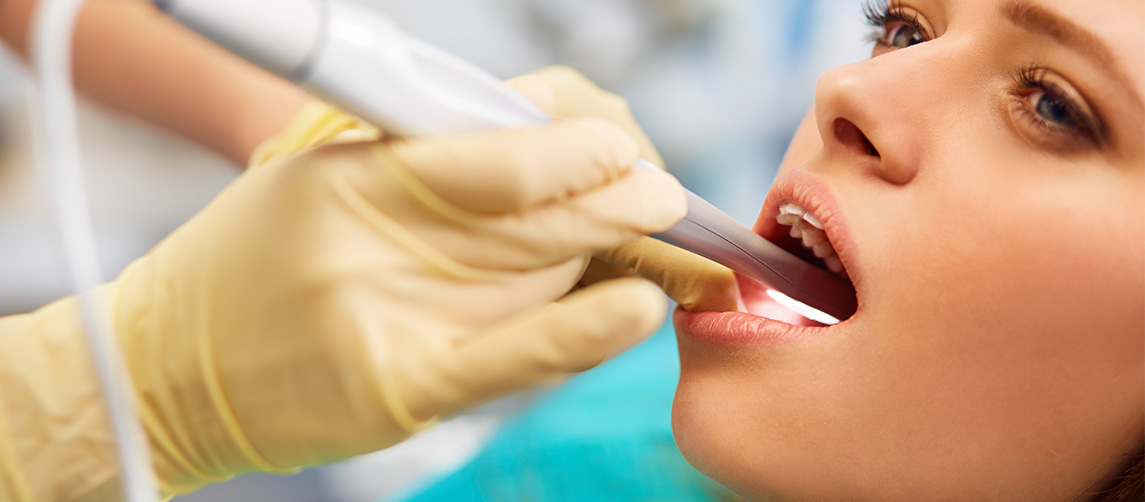
In life, accidents happen, and at Lowell Dental Arts, we’re prepared to help you with any dental emergencies that may arise. Not every dental issue will require an emergency trip to the dentist, however. Our office is here to help you, no matter the issue. From an agonizing toothache to a knocked-out tooth, our dental experts can assist you with any dental emergency.
When Do You Need An Emergency Dental Care?
Dental Emergency FAQ
A dental emergency can be characterized by sudden pain, swelling or discomfort, or an accident or injury that results in loosened teeth or damage to your mouth.
If you suddenly lose a filling, schedule an appointment with your dentist right away. If you cannot get to your dentist quickly to have it refilled, purchase a dental cement from your local drug store to fill in the spot until you can visit your dentist. This will prevent anything from entering the empty filling and causing pain.
Tooth pain can be severe and hard to ignore. To reduce tooth pain until you can get to the dentist to have the issue checked out, start by brushing and flossing your teeth thoroughly. This will remove any debris in your mouth that may be contributing to the pain. Rinse your mouth with warm saltwater and take an over-the-counter pain reliever. If the pain lasts for more than a few days, it is important to get to your dentist right away to discover what may be causing the pain.
Contact your dentist right away – if you have the tooth, your dentist may be able to re-implant the tooth to ensure proper smile development.
A jaw fracture will require immediate medical attention. Call emergency personnel or head straight to an emergency room to have the jaw evaluated. If it also involved tooth damage or requires the assistance of a dental professional, the doctor will advise you on how to proceed.
If you have noticeable swelling, this is most likely related to an infection. It is important to see your dentist as soon as possible. An antibiotic can help the infection. Use cold compresses on the area, and avoid heat as this could cause the infection to spread.
The most common dental emergencies are chipped or broken teeth, knocked out teeth, partially dislodged teeth, object stuck between the teeth, lost fillings or crowns, abscessed teeth, and injuries to the soft tissues of the mouth.
Try to use dental floss to dislodge the object. If it cannot be dislodge, call the dentist to schedule an appointment. If left, plaque buildup can cause sensitivity, decay and even a possible infection.
Abscesses can occur around the root of a tooth, and can even show up between the teeth and gums. They are often accompanied by a very dull ache that is unpredictable. If you find a spot on your gum that looks like a small pimple, this can be an abscess. Call your dentist right away to have the tooth treated before the situation gets worse. Until you can get to the dentist, rinse your mouth with warm saltwater.
For pain in the mouth, rinsing with warm saltwater can often provide relief. Cold compresses can also work. Clove oil can also provide some relief to sensitive areas. However, the best course of action is to always schedule an appointment with your dentist as soon as possible to prevent a minor situation from becoming more serious.
Most dental emergencies do not require the services of emergency medical professionals. Calling 911 should only be used for serious issues, such as a blow to the head, or fractured jaw. As long as there is no serious or life-threatening injury, do not call 911, but do schedule an appointment with your dentist.
An injury to the inside of the mouth is considered a tissue injury, and may require assistance from an emergency dentist. If there is bleeding, rinse the mouth with warm water and then locate the source of the bleeding. Use gauze to place pressure on the area to stop the bleeding. You can take an over-the-counter acetaminophen to help with pain, but should never take aspirin or ibuprofen if there is bleeding because these medications are anticoagulants.
Losing a crown is not an emergency that requires immediate attention. However, it is important to attempt to place the crown back in place until you can get to the dentist. Denture adhesive, store bought dental cement, or even vaseline can help hold the crown in place until you schedule an appointment.
Root canals are not always emergency procedures, but if you find yourself with severe pain and swelling that does not subside, it can lead to an emergency trip to the dentist. To lower the risk of needing an emergency root canal, visit your dentist at the first sign of pain or swelling.
An emergency dentist will be equipped to provide emergency dental services, including replacing lost crowns or fillings, treating an abscessed tooth, providing root canals, repairing chipped or broken teeth, replacing knocked-out teeth, and more. If you visit an emergency dentist, it is still a good idea to schedule a follow-up with your regular dentist as soon as possible.